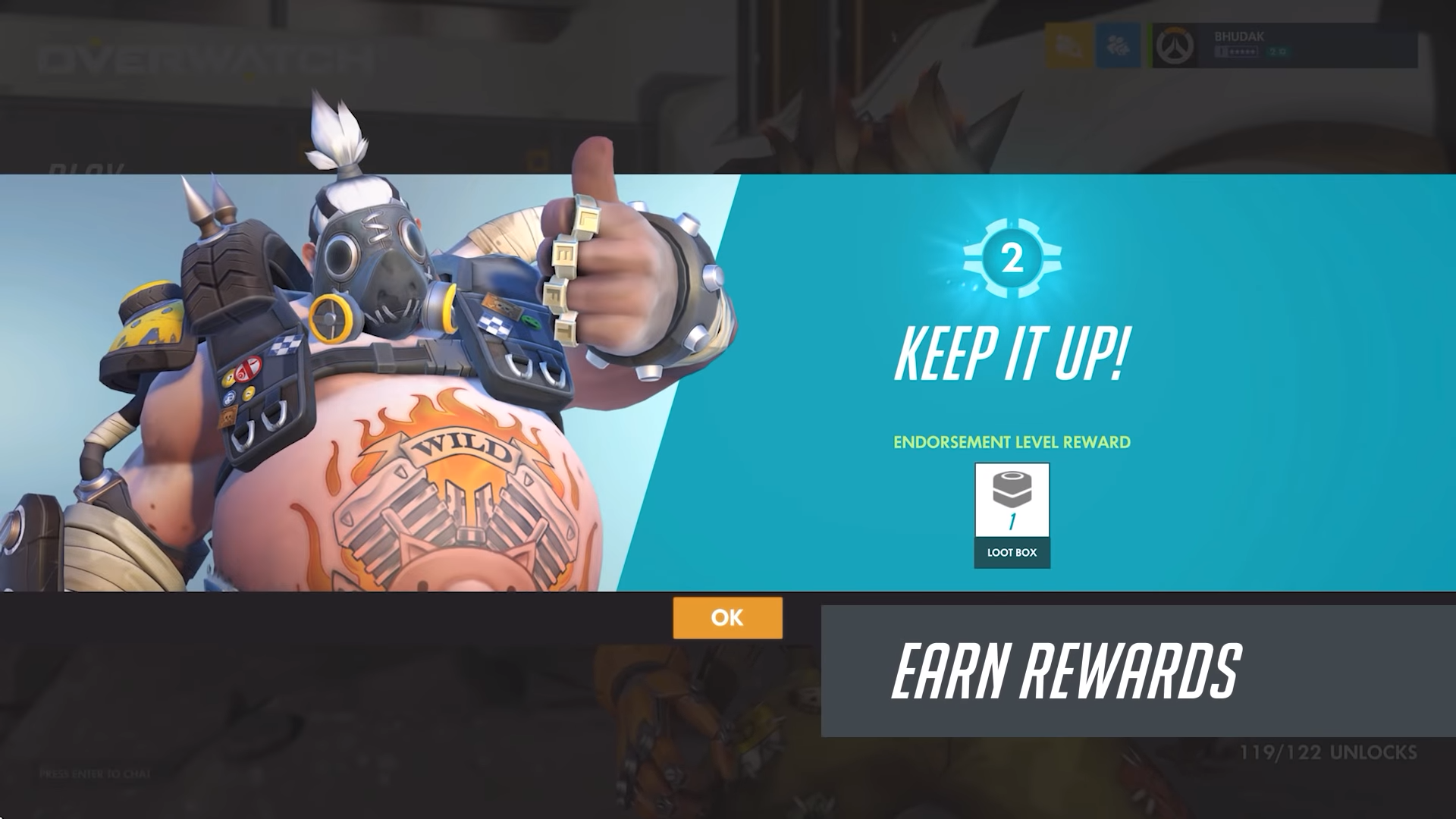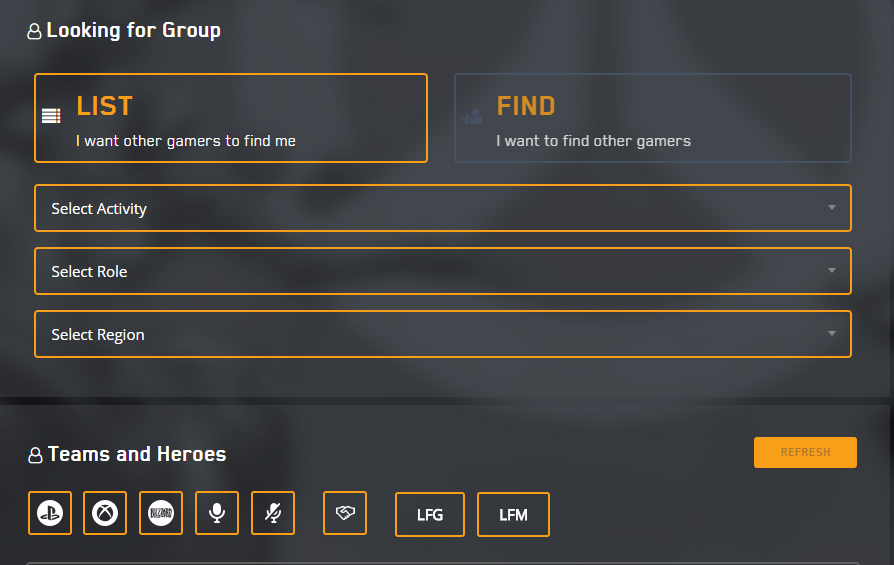Cases of aggressive and toxic behavior of players in Overwatch have significantly decreased after the introduction of the mutual evaluation of players and the search for a suitable group for the match, Blizzard reported.
According to the company’s blog post, insults in chat rooms during competitive matches began to occur 26.4% less frequently in the American segment and 16.4% less in the Korean segment. In general, cases of toxic behavior, according to Blizzard, decreased by 28.8% among players in the United States, and in Korea – by 21.6%.
What is the company’s new policy regarding toxic players?
So, the first is the mechanics of Endorsements, or player rewards for good behavior. Its peculiarity is that the players themselves evaluate each other’s behavior: after each match, you have the opportunity to award other participants of the fight with badges of distinction.
There are three such signs: Shot Caller – for showing leadership qualities; Good Teammate – for teamwork; Sportsmanship – for athletic behavior. The first two awards are intended for players from your team, and the third one can be awarded to both your teammate and someone from your rivals.

For receiving such awards, players receive XP and bonuses, while the system does not allow them to abuse awards and constantly reward the same people. Rewards are displayed in the player’s profile, so if you want to have a good reputation in the game, you need to behave respectfully to others.
The second solution is the LFG (Looking For Group) system, that is, the search for suitable players for your team. This is a special questionnaire on the Overwatch website, where you can specify, for example, which game role your potential ally should play.
Such a system allows you to form a balanced team, avoid getting unsuitable players and unnecessary disputes there.

The third important element of Blizzard’s policy regarding toxic players is a well-functioning system of complaints about violations. If others complain about the player’s behavior, he receives a warning and can be banned, and the initiators of complaints receive feedback that their message has been reviewed.
The role of feedback from moderators is very important. We recently wrote about how moderation helped improve the Total War community on Steam. In this article, Grace Carroll from Creative Assembly emphasized that players should see that moderation is working, that complaints are being responded to. This directly affects whether they will behave amicably or allow themselves to offend others.
The last thing worth mentioning is that Blizzard also monitors YouTube and other social media and identifies trolls and bullies there, without waiting for complaints from other players.
The company considers its anti-toxicity policy to be successful and intends to continue to act in the same spirit. At the same time, the developers’ measures also faced criticism. For example, some players complained that they were forced to pretend to be polite in a stressful situation, which, on the contrary, caused them to snap at others more often. Also, disgruntled gamers felt that it was unfair to reward people simply for good behavior.
Also on the topic:
